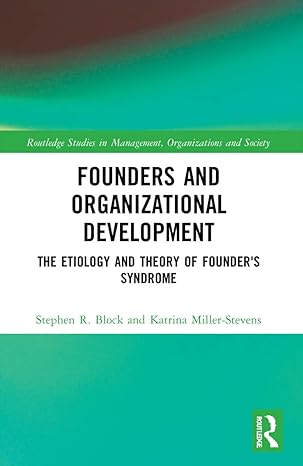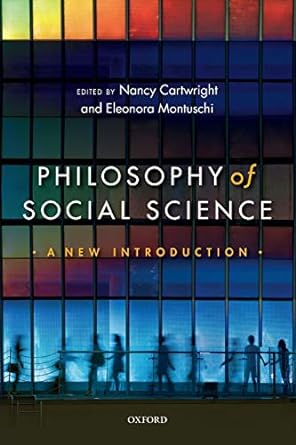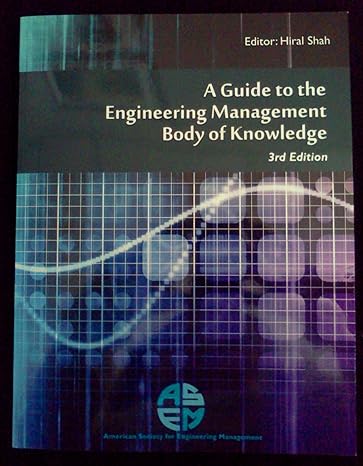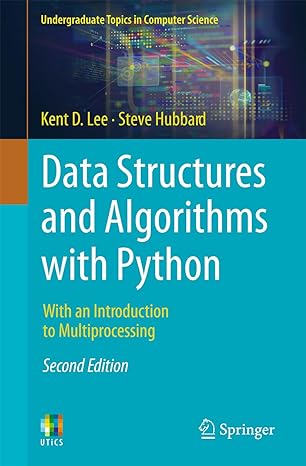Go back

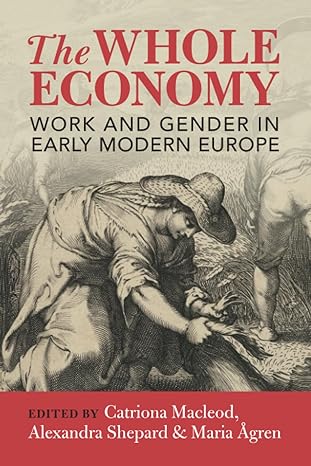
The Whole Economy Work And Gender In Early Modern Europe(1st Edition)
Authors:
Catriona Macleod

Cover Type:Hardcover
Condition:Used
In Stock
Include with your book
Free shipping: April 04, 2024Popular items with books
Access to 3 Million+ solutions
Free ✝
Ask 10 Questions from expert
200,000+ Expert answers
✝ 7 days-trial
Total Price:
$0
List Price: $34.99
Savings: $34.99(100%)
Book details
ISBN: 1009359363, 978-1009359368
Book publisher: Cambridge University Press (June 15, 2023)
Get your hands on the best-selling book The Whole Economy Work And Gender In Early Modern Europe 1st Edition for free. Feed your curiosity and let your imagination soar with the best stories coming out to you without hefty price tags. Browse SolutionInn to discover a treasure trove of fiction and non-fiction books where every page leads the reader to an undiscovered world. Start your literary adventure right away and also enjoy free shipping of these complimentary books to your door.
The Whole Economy Work And Gender In Early Modern Europe 1st Edition Summary: Advocating a gender-inclusive approach to the history of work, this book both counts and accounts for women's as well as men's economic activity. Showcasing novel conceptual, methodological and empirical perspectives, it highlights the transformative potential of including women's work in wider assessments of continuity and change in economic performance. Focusing on the period of European history (1500-1800) that generated unprecedented growth in the northwest – which, in turn, was linked to the global redistribution of resources and upon which industrialisation depended – the book spans key arenas in which women produced change: households, care, agriculture, rural manufacture, urban markets, migration, and war. The analysis refutes the stubborn contention of mainstream economic history that we can generalise about economic performance by focusing solely on the work of adult men and demonstrates that women were active agents in the early modern economy rather than passively affected by changes wrought upon them.
Customers also bought these books
Frequently Bought Together
Top Reviews for Books
Marilys Gonzalez
( 4 )
"Delivery was considerably fast, and the book I received was in a good condition."


